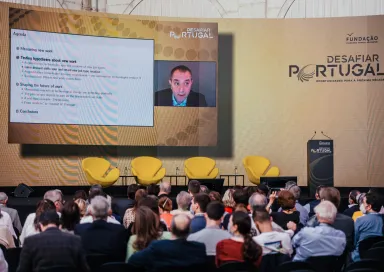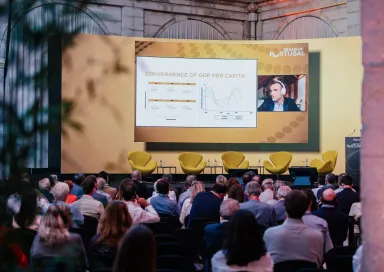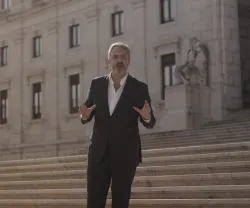The emergence of new ways of organising work, be it the digital economy, the network economy or the sharing economy, has contributed to a growing dematerialisation of production, labour relations and even workplaces.
Nick Saval's book, Cubed, examines the history of the workspace, from the factory offices of the 19th century to the electronic file stored digitally, blurring the boundary between work and leisure is fluid. The dark side of the dematerialisation of the workplace, however, is that when your office is the cloud, work follows you everywhere.
«The arrangement that was born in the bowels of the 19th-century factory and remains alive in the 20th-century office may be nearing its end. If this is the case, two centuries of separation between home and work have been a historical anomaly. Work will never again be a place, and home will never again be an escape» (Lepore, New Yorker, 2014).
In a world where employment contracts are disappearing, and with them the institutions that protect workers, we must redesign social welfare mechanisms. Fortunately, thanks to comprehensive and accessible data, it is now possible to consider programmes tailored to each individual, programmes that each individual can manage freely throughout their lives and that ensure adequate standards of social justice.

Conferences that bring together leading national and international experts on topics ranging from ethics to issues, from women to young people, from social security to ageing, from economics to science and the universe.


















